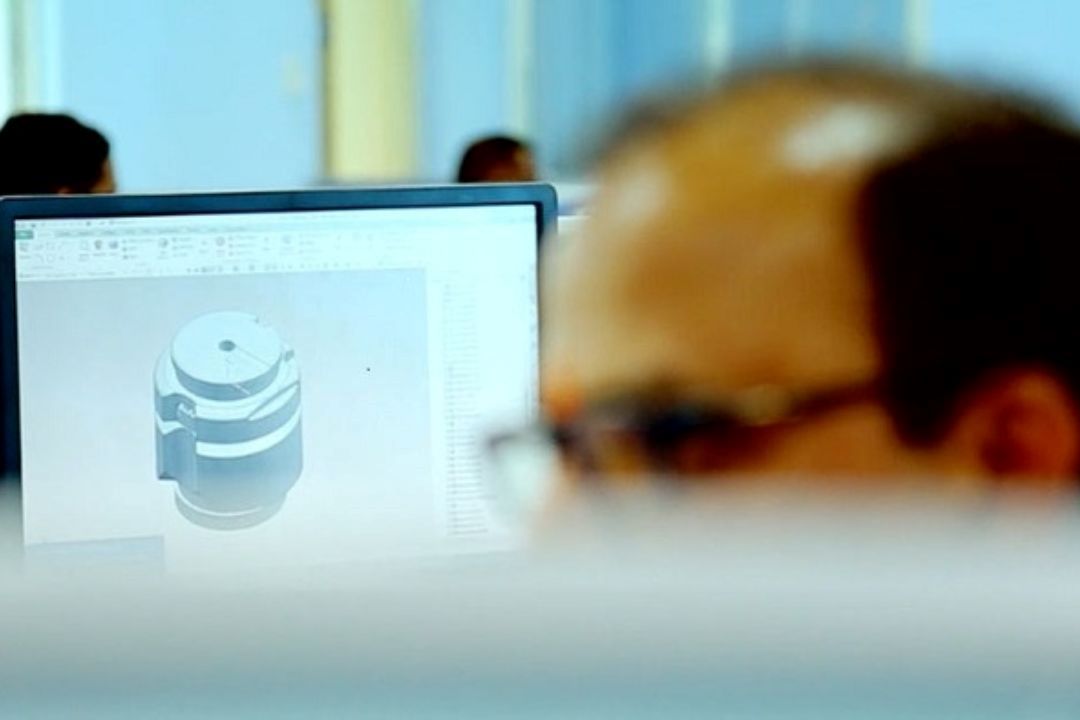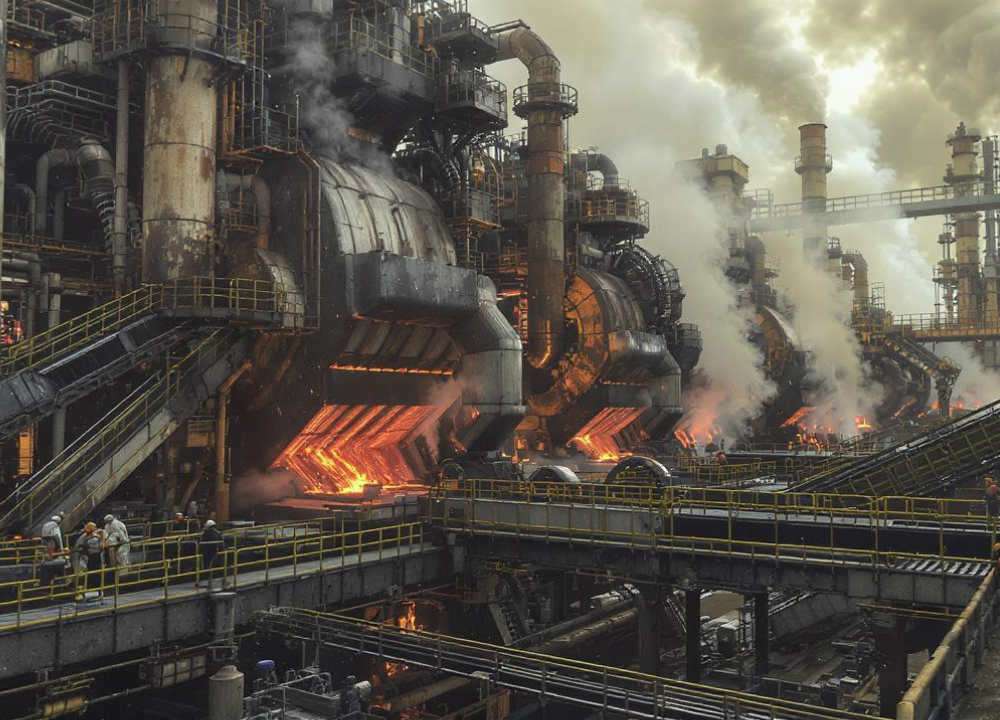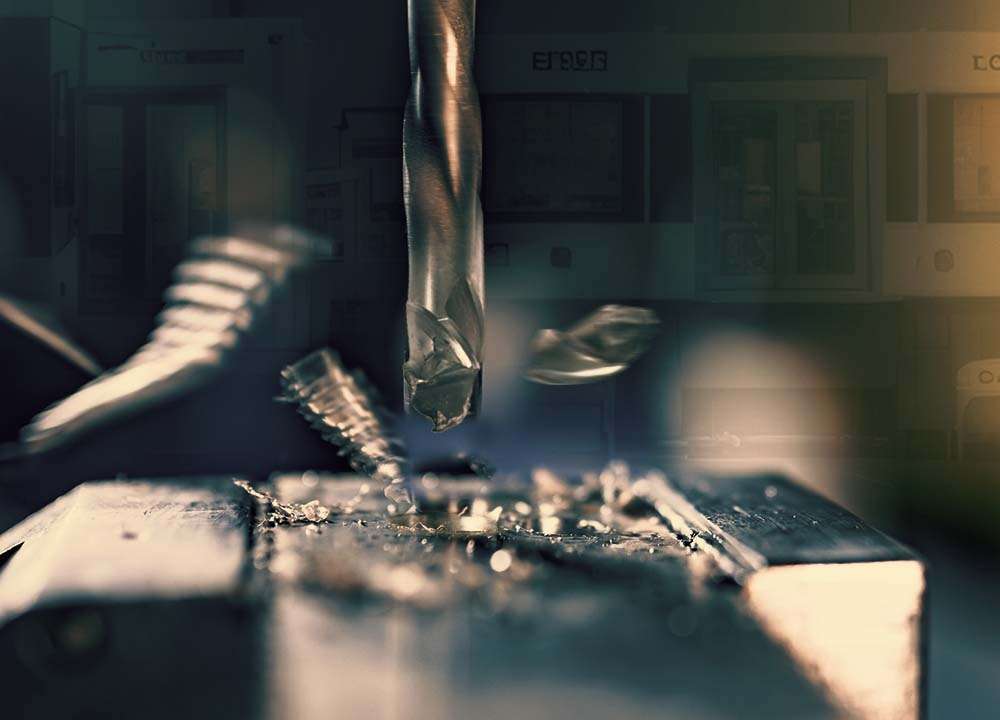Ramkrishna Forgings Limited (RKFL), based in Kolkata, is set to increase its steel casting capacity to 120,000 tonnes per year by 2025. The company, which is now India’s second-largest forging supplier of parts and machined components, serves various industries including automotive, railways, agriculture, oil and gas, and power.
Founded in 1981 by Mahabir Prasad Jalan, RKFL is a family-owned business led by third-generation entrepreneur Chaitanya Jalan, who serves as Executive Director. Initially focusing on the railway sector, the company has transformed from a small metal forging operation into a modern manufacturer of value-added products across multiple industries, particularly automotive OEMs.
In 2004, RKFL went public, with a revenue of Rs 30 crore and a profit of Rs 60 lakh. This bold move, before the IPO boom, reflected the company’s belief in its growth potential and its desire to leverage the capital markets for long-term expansion. Since then, RKFL has capitalized on growing sectors, incorporating technologies such as isothermal annealing, which helped drive further expansion.
From 2019 onwards, RKFL has grown substantially, increasing its product categories from 35 to 69 and diversifying its operations from two verticals to five. This growth included adding nearly 100 new clients across 22 countries, reducing its dependency on the North American market. Today, RKFL is a key supplier to the automotive and railway industries, offering products such as suspension parts, gears, shafts, and axles. Notably, it has become a major Tier 2 supplier to OEMs like Tata Motors, Ashok Leyland, Volvo, and Eicher Motors.
The shift toward electric vehicles (EVs) in the automotive sector has not deterred RKFL. While traditional internal combustion engine parts are in decline, Chaitanya Jalan remains confident about the company’s position. “We understand that electric vehicles use fewer parts, but there are still components common to both ICE and EVs,” he said.
With current steel casting capacity at 60,000 tonnes per annum, RKFL plans to double this to 120,000 tonnes by 2025. The company, which operates 16 plants in Jharkhand, is investing heavily in new acquisitions to support this expansion.
RKFL has been involved in exports since 2010, and international sales now account for 60% of the company’s revenue. Major clients include Volvo, Mack Trucks, Iveco, DAF, Scania, MAN, UD Trucks, and Ford Otosan, with North America representing the largest share of the export business. RKFL recently secured a contract with a large US-based EV manufacturer, reflecting India’s growing role as a key supply chain destination, especially as companies adopt the “China plus one” strategy.
Despite the costs and risks associated with sustainability initiatives, RKFL is committed to improving its environmental footprint. In 2007, the company set up a ring-rolling facility for steel wheels and began focusing on waste reduction through technological advancements. “Previously, OEMs were receiving forging products with a 60% yield, meaning 100 kg of raw material would result in just 60 kg of product. By bringing in advanced German technology in 2007, we achieved a 90-95% yield, significantly increasing the value for our customers and helping us compete in global markets,” Jalan explained.
Based in Kolkata, Ramkrishna Forgings is a prominent manufacturer of forged metal products, supplying various industries, including railways, automotive, oil and gas, power, construction, and bearings, with forgings made from carbon and alloy steel, as well as micro-alloy steel.








